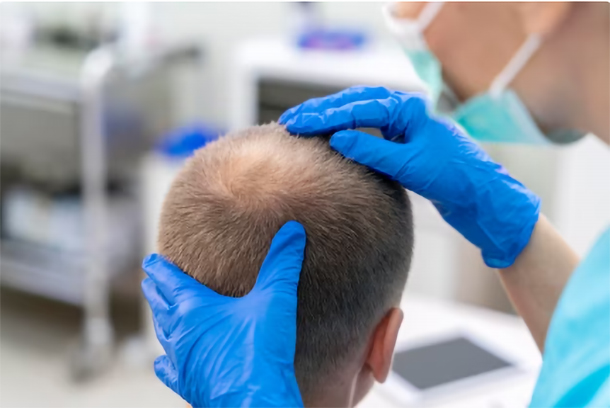Ginger has been used for centuries for its medicinal properties, including potential benefits for hair health. While more research is needed to fully understand the extent of ginger’s effects on hair, some studies and traditional practices suggest that ginger may be beneficial for certain hair problems. Here are some ways ginger can be used to address hair issues:
Promoting Hair Growth: Ginger contains certain compounds that may stimulate hair follicles and encourage hair growth. Applying ginger juice or ginger-infused oil to the scalp could potentially promote hair growth in some individuals.
Reducing Hair Loss: Ginger’s anti-inflammatory and antioxidant properties might help reduce hair loss caused by scalp conditions like dandruff, psoriasis, or seborrheic dermatitis. It can also improve blood circulation to the scalp, supporting healthier hair growth.
Preventing Dandruff: Ginger has antifungal properties that may help combat dandruff and alleviate an itchy scalp. Regularly using ginger-infused hair products or ginger juice as a scalp treatment might help manage dandruff.
Strengthening Hair: The vitamins, minerals, and fatty acids present in ginger can help nourish and strengthen the hair, reducing breakage and improving overall hair health.
How to Use Ginger for Hair:
Ginger Scalp Massage: Grate fresh ginger and mix it with some carrier oil (like coconut or olive oil). Massage the mixture gently onto your scalp and leave it on for about 30 minutes before washing your hair.
Ginger Hair Rinse: Boil sliced ginger in water and use the cooled ginger water as a final rinse after shampooing your hair. This can help promote blood circulation and add shine to your hair.
Ginger Hair Mask: Create a hair mask by blending ginger juice with ingredients like aloe vera gel, honey, or yogurt. Apply the mixture to your scalp and hair, leave it on for 30-60 minutes, and then rinse thoroughly.
Ginger-Infused Hair Oil: Infuse a carrier oil (such as coconut or olive oil) with ginger slices. Store the mixture in a cool, dark place for a week or more, then strain out the ginger before using the oil for scalp massages or as a pre-shampoo treatment.
It’s important to note that while ginger may offer potential benefits for hair health, individual responses can vary. If you have any specific hair or scalp conditions, or if you’re unsure about using ginger for your hair, it’s best to consult with a dermatologist or a healthcare professional before trying any new treatments. They can provide personalized advice and recommendations based on your unique needs and hair concerns.



